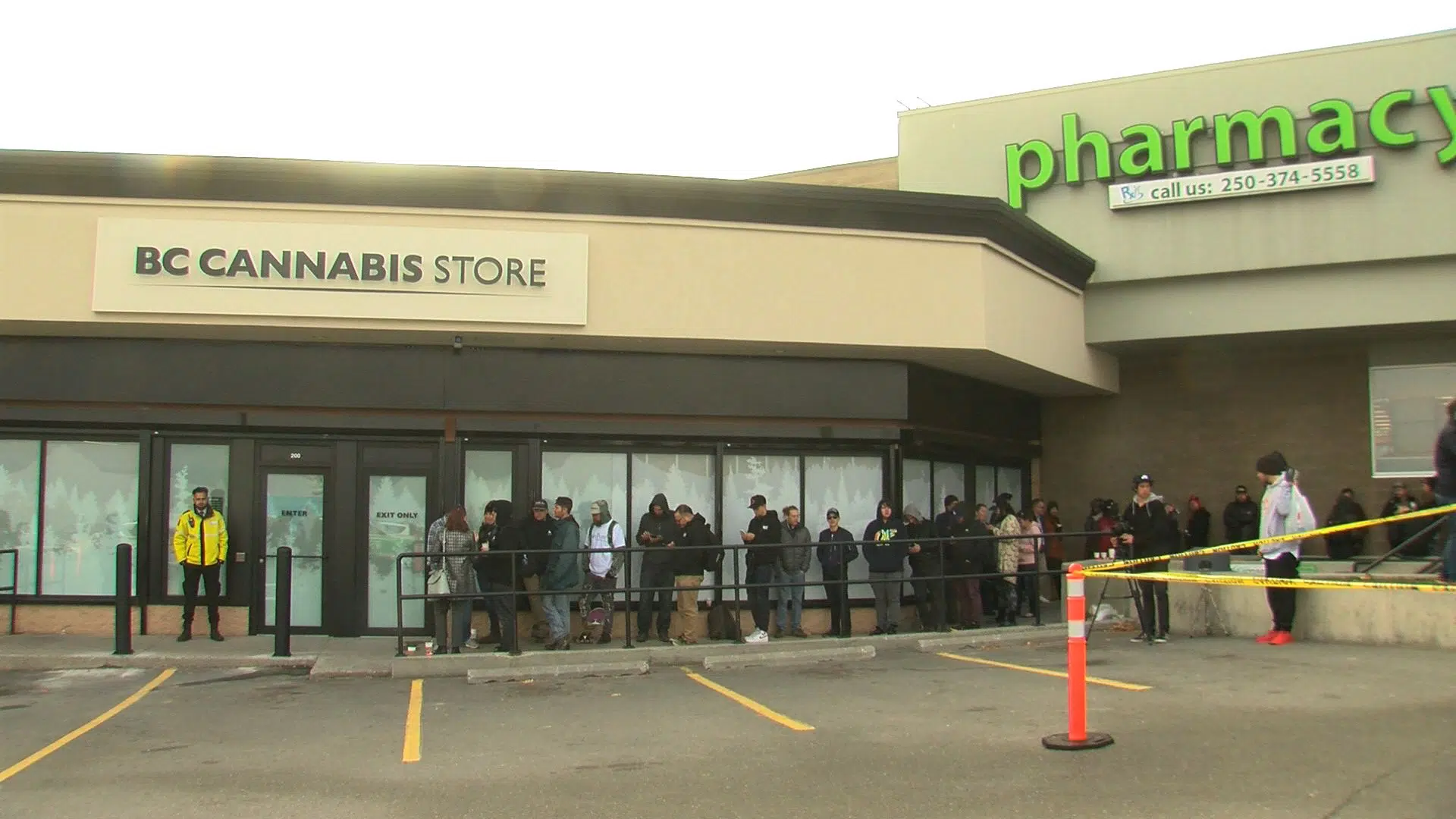
Medicinal cannabis strategist happy with direction city is going with pot
KAMLOOPS — As the city officials work to align future retail cannabis dispensaries with liquor stores, which will include a buffer zone between stores and schools, a medicinal cannabis strategist feels the city has done an admirable job trying to transition Kamloops along with the rest of the country come legalization.
Michael Koehn, who runs CannSolve in Kamloops, says since a public hearing in December city council has been fair in looking at both sides.
“I saw a council that was focused on the evidence. These are people that have been consulting community groups, focusing on consulting with stakeholders and asking for very specific, evidence-based reason that guides the zoning process,” he said.


